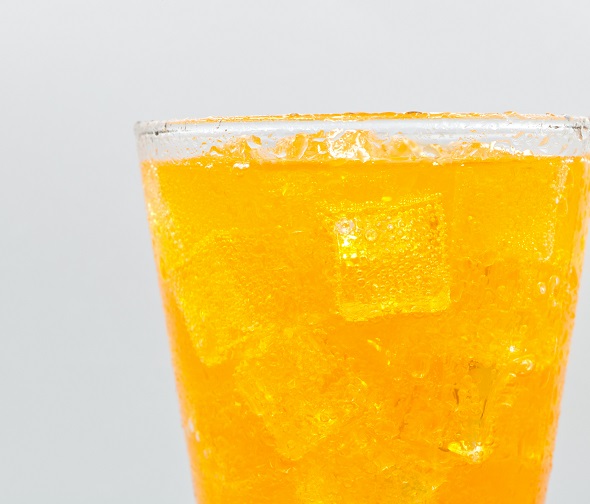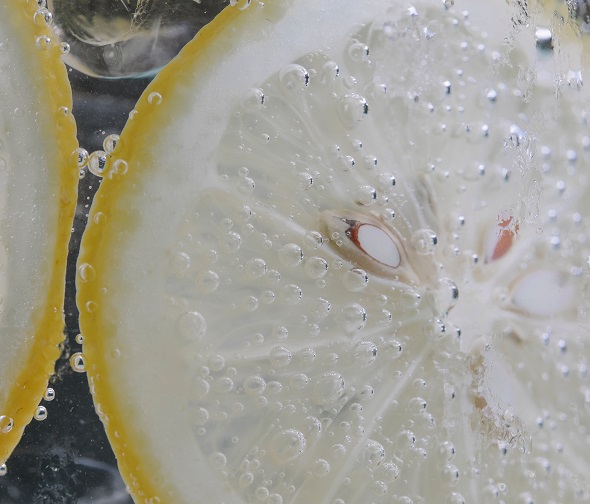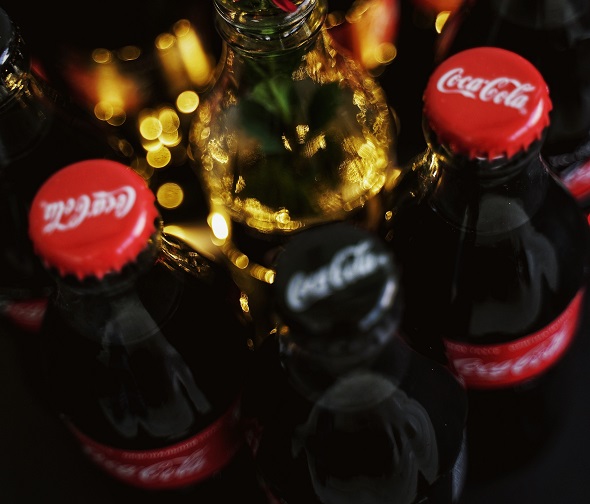The beverage industry has witnessed a major transformation in recent years, with consumers increasingly seeking healthier alternatives to traditional sugar-sweetened beverages. Among the most prominent trends is the growing market for soda drinks sweetened with stevia. Stevia, a natural sweetener derived from the leaves of the Stevia rebaudiana plant, offers a calorie-free alternative to sugar, making it highly appealing to health-conscious consumers. This shift is driven by growing awareness of the health risks associated with excessive sugar consumption, as well as the rise of lifestyle diseases such as obesity and diabetes.
What is the current situation of the soda beverage market for stevia? What are the factors driving its growth? And what are the future prospects of this segmented market in the beverage industry?

Stevia is a plant-based sweetener known for its intense sweetness—up to 300 times sweeter than sugar. Unlike artificial sweeteners like aspartame or sucralose, stevia is derived from natural sources, making it more attractive to consumers who prioritize natural ingredients in their diets. Stevia’s key active compounds, known as steviol glycosides, are responsible for its sweetness and can be extracted from the plant to create sweeteners for various food and beverage products.
Because stevia has zero calories and a low glycemic index, it has become a popular sugar substitute, particularly in beverages. Its use in soda drinks has soared as manufacturers aim to meet consumer demands for healthier, sugar-free options without compromising on taste.
The rise of the soda drinks with stevia market
The soda drinks with stevia market has seen rapid growth in recent years. As consumers become more health-conscious and concerned about sugar's role in contributing to weight gain and chronic diseases, many have turned to low-calorie and sugar-free alternatives. According to market research, the global stevia market was valued at $637.1 million in 2020 and is projected to grow at a compound annual growth rate (CAGR) of 8.2% from 2021 to 2028. A significant portion of this growth is attributed to its use in beverages, including soda.
Several factors have contributed to the expansion of soda drinks sweetened with stevia:
1. Rising Health Awareness
Consumers are increasingly aware of the negative health effects of excessive sugar consumption, including the risk of developing obesity, type 2 diabetes, and heart disease. Governments and health organizations worldwide have launched campaigns to reduce sugar intake, further driving demand for healthier alternatives like stevia-sweetened sodas.
2. Regulatory Support
Many countries have implemented sugar taxes or restrictions on the marketing of sugary beverages, encouraging manufacturers to reformulate their products. Stevia, with its natural and calorie-free profile, offers an attractive solution to help brands avoid these taxes and meet new regulatory standards.
3. Technological Advancements
Early versions of stevia-sweetened drinks often had a bitter aftertaste, but recent advancements in food science have allowed manufacturers to improve the flavor profile of stevia-based beverages. By blending different steviol glycosides, such as Rebaudioside M (Reb M) and Rebaudioside D (Reb D), producers have been able to create soda drinks that closely mimic the taste of sugar-sweetened versions without bitterness.
4. Consumer Preference for Natural Ingredients
Modern consumers are increasingly seeking products made with natural, plant-based ingredients. Stevia fits this trend perfectly, as it is marketed as a natural alternative to synthetic sweeteners and high-fructose corn syrup.


Key players in the soda drinks with stevia market
Several major beverage companies have entered the soda drinks with stevia market, recognizing the demand for low-calorie, natural sweeteners. Notable players include:
Coca-Cola Life, a product launched in 2013, was one of the company's first attempts to offer a lower-calorie soda sweetened with a blend of stevia and sugar. Although it was eventually discontinued, Coca-Cola continues to experiment with stevia-sweetened beverages, particularly in its non-soda product lines such as teas and flavored water.
PepsiCo has also embraced stevia in several of its products, including some formulations of its popular Pepsi line. Pepsi True, launched in 2014, was sweetened with stevia and aimed at providing a more natural, lower-calorie soda option.
3.Zevia
Zevia is a leading brand entirely dedicated to offering stevia-sweetened soda drinks. The company provides a wide range of flavors, including cola, root beer, and fruit-based sodas, all sweetened with stevia and free from sugar and artificial sweeteners. Zevia has seen rapid growth, largely due to its appeal to health-conscious consumers who want to enjoy soda without the added sugars.
4.Other Emerging Brands
Other Emerging Brands: In addition to the big names, smaller companies have entered the market, offering innovative flavors and targeting niche audiences. Brands like Green Cola and Virgil's Zero are examples of smaller but growing companies focusing on stevia-based sodas.
Regional insights: Where is the stevia-sweetened soda market thriving?
The demand for soda drinks with stevia varies by region, with certain areas experiencing faster growth than others.
North America: The North American market, particularly the United States, is one of the largest consumers of stevia-sweetened sodas. Increasing awareness of the risks associated with high sugar intake, coupled with the rising prevalence of obesity and diabetes, has driven demand for sugar-free beverages. North America also has a well-established health and wellness culture, contributing to the market's growth.
Europe: In Europe, the market for stevia-sweetened beverages is growing, particularly in countries like the United Kingdom, Germany, and France, where sugar taxes have been introduced. European consumers also tend to be more concerned about the environmental and ethical aspects of food production, and natural sweeteners like stevia align with these values.
Asia-Pacific: The Asia-Pacific region is one of the fastest-growing markets for stevia. Countries like Japan, China, and South Korea have a long history of using stevia as a natural sweetener, particularly in the food and beverage industry. As consumer awareness of health issues rises in these regions, the demand for stevia-sweetened sodas continues to increase.
Latin America: In Latin America, stevia is already well-known, particularly in countries like Paraguay and Brazil, where the plant is native. The soda drinks with stevia market in this region is steadily growing as consumers seek healthier alternatives to traditional sugary beverages.
Challenges in the soda drinks with stevia market
The future of the soda drinks with stevia market looks promising. As health and wellness trends continue to dominate consumer choices, the demand for low-calorie, natural sweeteners will grow. Innovations in flavor enhancement and a broader range of stevia-based products will likely attract more consumers who are seeking healthier alternatives without sacrificing taste.
In addition, regulatory pressures and growing concerns about the negative health effects of sugar will push more beverage companies to reformulate their products with stevia or other natural sweeteners. The ongoing development of new steviol glycosides, such as Reb M and Reb D, promises to further enhance the taste and appeal of stevia-sweetened sodas.


The soda drinks with stevia market is growing rapidly, fueled by consumer demand for healthier, natural alternatives to sugar-laden beverages. With key players like Coca-Cola, PepsiCo, and Zevia leading the charge, and rising health awareness driving demand across various regions, the market is poised for continued growth. While challenges such as taste preferences and price sensitivity remain, innovations in stevia extraction and formulation will help overcome these obstacles, ensuring that stevia remains a key player in the global beverage market for years to come.
Related Recommendation
All images in this article are sourced from: GL Stevia, Pexels, Natvia